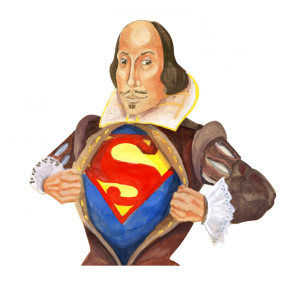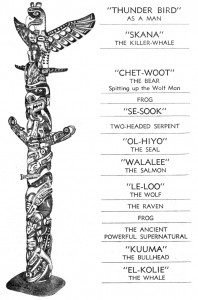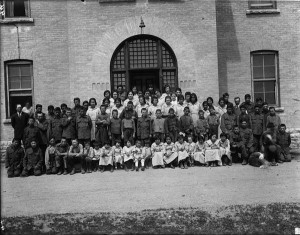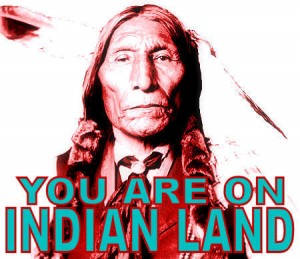Hey everyone! Please forgive me for over-producing here. It’s a Norse Mythology inspired short story. This is my version of how evil sprouted into the world. Enjoy!
—
In a little house on the neck of a hill laid a little boy. He was small and he was kind, and he had never hurt a soul. He climbed tall trees and swam in deep rivers. The little boy spent his days frolicking in the daylight. He captured fish and he teased the neighbourhood girls. Although he was an orphan, the little boy knew how to take care of himself. The river bathed him clean and fed him full of fish. His little garden sung with happy herbs and spilled with radiant radishes. He was a happy, healthy, kind little boy.
While he was fearless in the sun, he was vulnerable by night. Each night at the brink of dusk the wind would blow softly and lull the little boy to sleep. Before the wind could sing its lullabies the little boy locked his doors tight and squeezed his windows shut. He was defenseless against the sleepy wind and his restless sleeps. When he closed his eyes each night the wicked world of his nightmares enclosed upon him. The boy was taunted by clowns, chased by wicked animals, and tortured by demons. Despite his benevolence and his courage, the little boy internalized a world of pure terror.
One night the little boy had an eerie nightmare that veered from his normal, terrifying dreams. In his dream his feet hid underneath a thick mist that caped the hard ground. He focused his eyes and saw a tall, ghastly old woman in the distance. The boy had seen a kind like hers in his dreams before.

“Witch” he whispered.
“Come here” whispered the witch. Her voice twinkled like stardust in the air.
The little boy’s heart thudded anxiously in his chest. He remembered the witches from his previous dreams well enough not to trust them.
“Do not be frightened. I need your help”
Her long white hair grazed the mist in stringy, straw-like strands. Her glowing red eyes wrinkled with deep crevices when she grinned with her yellow, decaying smile. With skin as white as bones, she looked like an angel of death.
The witch suddenly began to walk in the boy’s direction. The boy was frozen with fear.
Standing a table’s distance from the boy, the witch began to speak. “I need your help. I am caught in your dream.”
The boy felt his heart thud louder in his chest. “Why should I help an evil witch like you?”
The witch revealed her nasty teeth with a wide grin.
“Young boy. If you help me I will grant you any wish”
The little boy pondered in thought. He longed to escape from his terrifying dreams that plagued him each night.
“Any wish?”
“Anything you could ever want.”
“You have a deal”
The little boy awoke with a jerk. He thought long and hard. How would he help this witch escape from his dreams? Could he capture the dream?
“A dream catcher” he whispered.
The little boy gathered strong rope and sturdy wood. He webbed the rope with the wood and created a large dream catcher. The boy admired his finished project; it was his ticket to restful solace. As the sun said goodnight and tip-toed into the distance, the whispering winds made their way toward the little boy’s little house. Tucked into his bed, the little boy closed his eyes and listened to the breeze as it lulled him to sleep.

The little boy awoke suddenly. The moon was high in the sky as it was late at night. He turned his head toward his dream catcher and noticed a dark, hazy cloud of mist caught amongst the rope.
“Reach for me!” screeched a familiar voice. “Reach inside the cloud!”
The boy rolled out of his bed and reached deep inside the cloud. The boy grasped the witch’s bony hand and pulled her up with all of his might. The witch sprung through the cloud and collapsed on his bedroom floor. “Meet me at the nape of the Old Oak Tree before nightfall tomorrow. Then I will grant your wish,” she croaked. The witch then disappeared into the night.
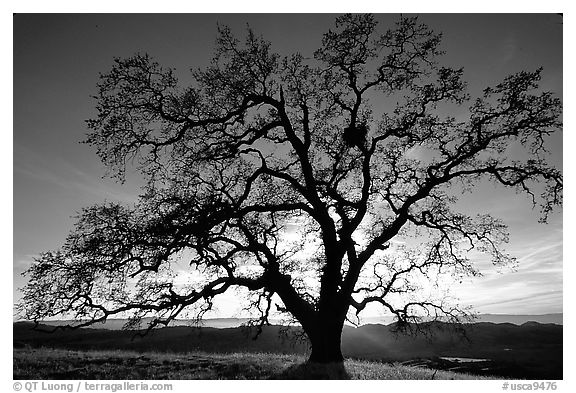
The next day the little boy waited eagerly for nightfall. He gardened in his garden, swam in the river and fished for his dinner, but he could not tear his mind away from the night’s meeting with the witch. At the cusp of nightfall he began his journey toward the Old Oak Tree.
When the little boy arrived the witch swung from behind the tree.
“What is your wish, child?”
“I wish to be relieved from my nightmares forever”
The witch smirked. “On one condition” she cackled. She held out her hand and revealed one small, grey stone. “Plant this stone under the roots of the tree and your wish will come true”
The boy extended his hand and took the stone from the witch. “Fail to plant the stone within the hour and you will suffer”
The witch shrieked a menacing cackle and disappeared into the air. The boy began to dig, but his hands were young and small. The sun creeped behind the hill and the boy could hear the whispers of the lullaby breeze. The boy’s eyes felt heavy, but he continued to dig. His eyes felt heavier, and heavier. The boy dropped the stone into the cavity and collapsed, unable to resist the incantations of the wind’s whispers. The little boy slept soundly next to his wish, and the witch roamed freely in the night.
—
Works Cited
Cline, John. “Dream Catcher.” Psychology Today. Psychology Today, n.d. Web. 30 May 2015.
McCoy, Daniel. “Norse Mythology for Smart People – The Ultimate Online Resource for Norse Mythology and Religion.” Norse Mythology for Smart People. N.p., n.d. Web. 30 May 2015.
